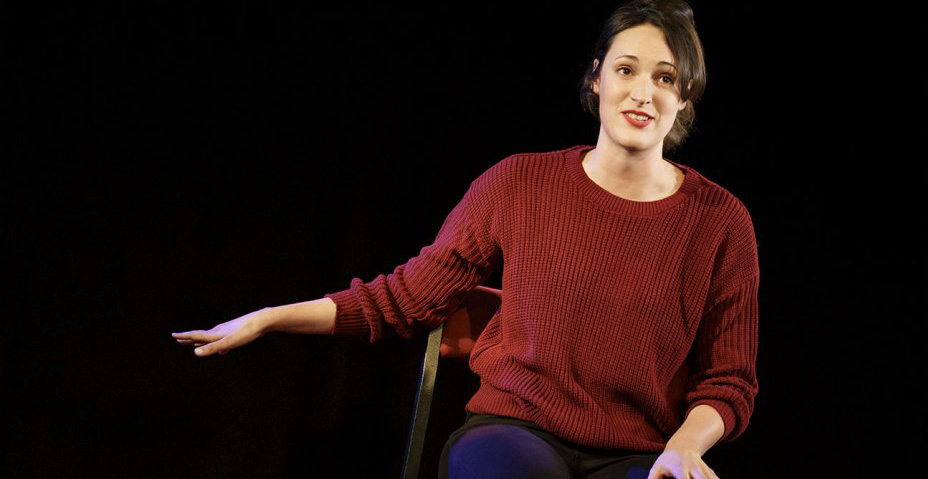Culture
 Photo: Joan Marcus
Photo: Joan Marcus
Fleabag’s Enduring Brilliance Lies In Its One-Woman Show
January 17, 2020 @ 12:00am
If you’ve been paying even an iota of attention to mid-winter award shows, you’ve probably noticed a few newcomers starting to look familiar. While Phoebe Waller-Bridge is no newcomer to theater or television, her domination of awards shows like the Golden Globes and Screen Actors Guild definitely is.
For those who have followed her Amazon show Fleabag since its first season released in 2016, long before the streaming wars took over, you know these accolades were well deserved long before season two rolled around late last year. It took time for the show to catch on, but everyone has been abuzz about this past season, hence the plethora of awards Waller-Bridge and company have taken home.
Maybe it’s Andrew Scott’s character Hot Priest, the aforementioned race to make the best bingeable content, or the other cast members who get much more screen time (I’m looking at you, Sian Clifford, a.k.a. Claire. Plus, If we can’t have season three, can we have a Claire spinoff?) that made larger audiences take note. But to truly understand why the show was always destined for acclaim, awards or not, we need only to look at its source material.
Not long after season two hit Amazon Prime’s streaming service, it was announced that Waller-Bridge would be performing a final run of the one-woman play in London’s West End. The play, originally appearing at Edinburgh Fringe Festival in 2013, provided the basis for season one.
Capitalizing on Fleabag fever, NT Live broadcast and syndicated the play throughout the U.S. And post-Emmys, Globes and the like, nationally acclaimed theatres such as DC’s Shakespeare Theatre Company hosted another broadcast of the last hurrah on stage on January 15, 17 and 18.
While seeing that final early-fall run would have been the stuff of dreams for even the most casual theater fan, the filmed version is still electric. It’s quite a feat to capture an audience, completely on your own, for a full hour and twenty minute span, and in this case, not even in a live setting. But, Waller-Bridge does just that, aided only by sparse voiceovers to set the scene.
It’s perhaps not even fair to say that they set the scene, although the sound design is done incredibly well. Waller-Bridge’s immaculate writing and knack for no-holds-barred, intimate dialogue serves as the magnet attaching every ounce of your attention to her.
Even more so than when you watch the show, you’re constantly playing mental gymnastics with yourself as to whether you love or hate this character. Fully on her own on the screen, you are forced to confront the fact that warmth, humor and an immense, almost overwhelming at times, capacity for love exists in the same body of a woman who makes terrible, self destructive choices that hurt others but ultimately herself.
And that’s where the magic of the play (and by proxy, the show) lies – in its ability to confront the incongruities of human nature, particularly in female characters, on stage or screen. While I doubt the average person has behaved in manners as extreme as a few that Fleabag does, you can still most likely envision times when you exhibited similarly conflicting behaviors.
Fleabag’s ability to make us confront – and accept – our capacity for bad and good (which is sometimes arguably even more difficult) is simply part of finding our way in the world. Waller-Bridge’s source material makes that message shine through, and is a must-see for anyone who loves the show, or just great theater.
Shakespeare Theatre Company’s Michael R. Klein Theatre: 450 7th St. NW, DC; 202-547-1122; www.shakespearetheatre.org







